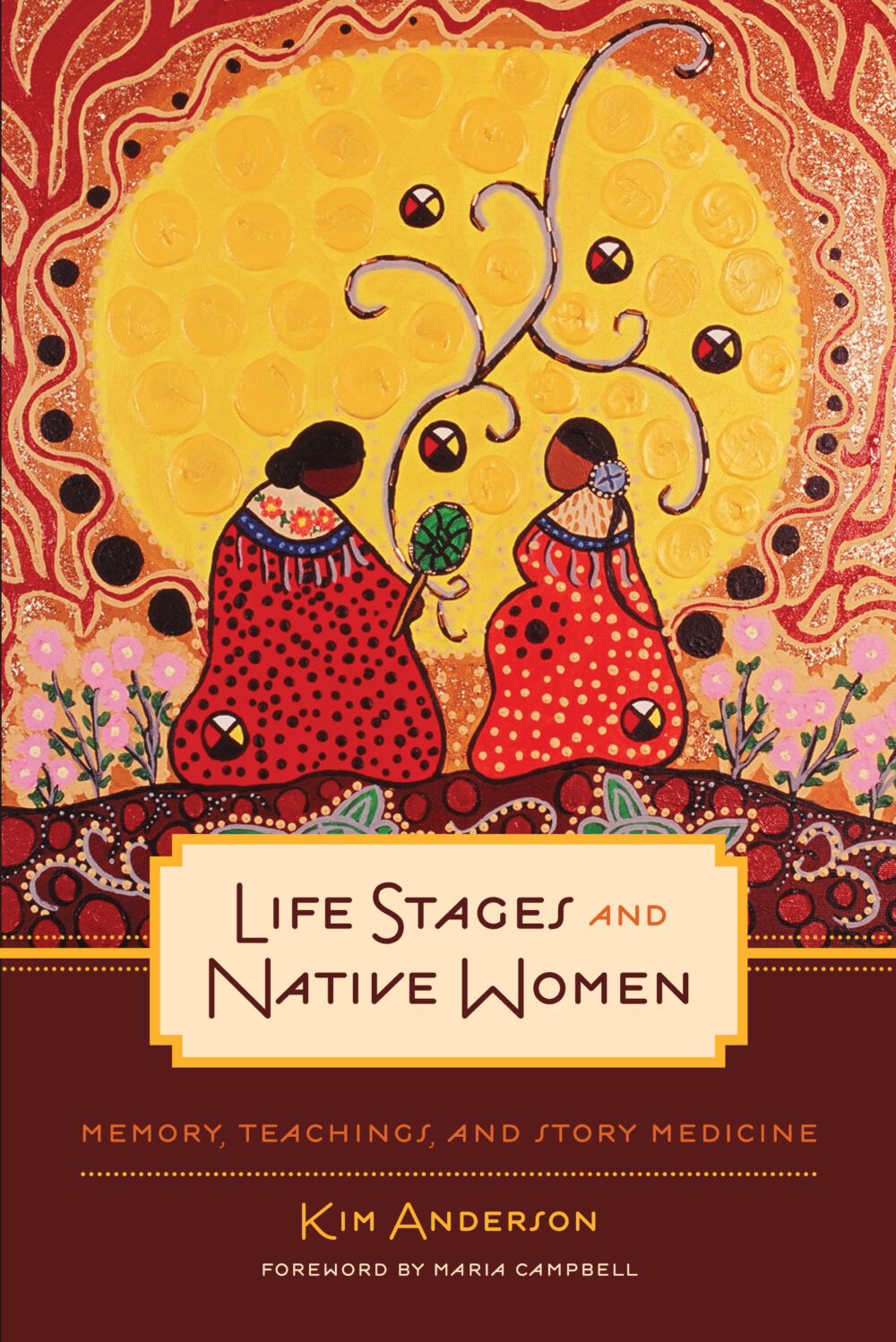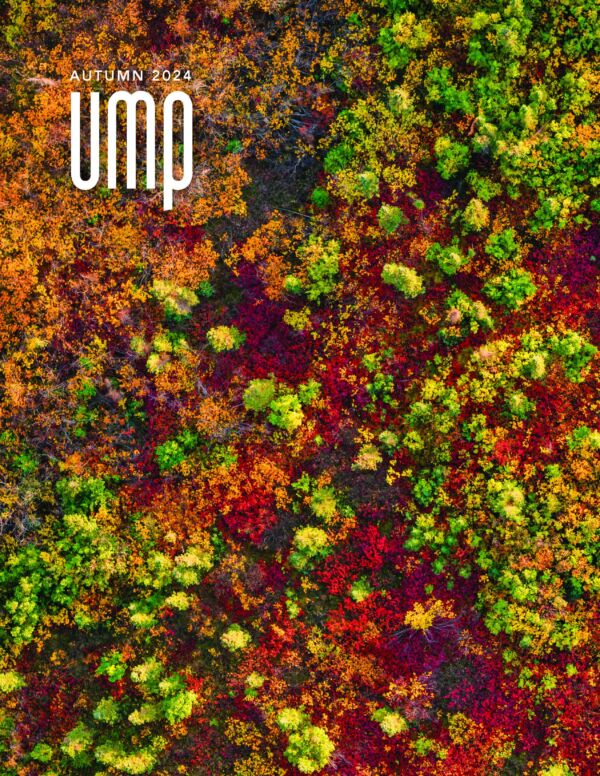Cree/Métis educator Kim Anderson will be coming to Winnipeg in late October.
While in town, Kim will be giving a lecture at the U of M on Friday, October 25 at 10:30 am at Migizii Agamik (The Aboriginal Student Centre).

Since the publication of her UMP title, Life Stages and Native Women, in 2011, Kim has begun work on the Biidwewidam Indigenous Masculinities (BIM) project, which is “committed to building research capacity around Indigenous masculinities and identities with the intent of contributing to the health and wellness of Indigenous communities and peoples.”
We’re excited about touching base with Kim about this new research, but in the meantime, thought we’d share three recent reviews of Life Stages and Native Women.
See you at the event!
“Life Stages is an accessible text and can serve as a practical empowerment manual for the hearts, minds and lives of Métis, Cree, Ojibway and Saulteaux women and communities. It is filled with important insights on the leadership of these women at all ages and on the inner workings of their communities prior to and during colonization in the mid-20th century. There are lessons to be learned from these stories, from their anecdotes and from their teachings that relate to feminist, intergenerational and inter-gender respect in all anti-patriarchal efforts and movements. This is highly recommended reading.” – Deanna Radford, Herizons Magazine
“A welcome contribution to the literature on decolonization and indigenous women’s health. Both an exploration of her personal experience as a native woman and an academic discussion of the multifaceted roles of women in northern Algonquian cultures, Anderson’s work complements the existing body of Canadian work on aboriginal Canadian women’s health. Moreover, her use of oral histories and her work with elders expands the existing literature on indigenous methodologies.” – Sally E. Mennill, University of British Columbia, H-Net Online
“These stories can reconnect generations and provide the basis for the recreation of ceremony, societal roles, and life stages that can help to heal from colonization and create healthier communities by imagining a stronger way of life that connects the past to the present.” – Cutcha Risling Baldy, University of California Davis, American Indian Culture and Research Journal
Posted by U of M Press
October 9, 2013
Categorized as Events, Reviews
Tagged aboriginal, cree, decolonization, elders, girls, healing, health, indigenous, ojibwa, storytelling, women
UMP Newsletter! Verna Kirkness LAUNCH photos!




